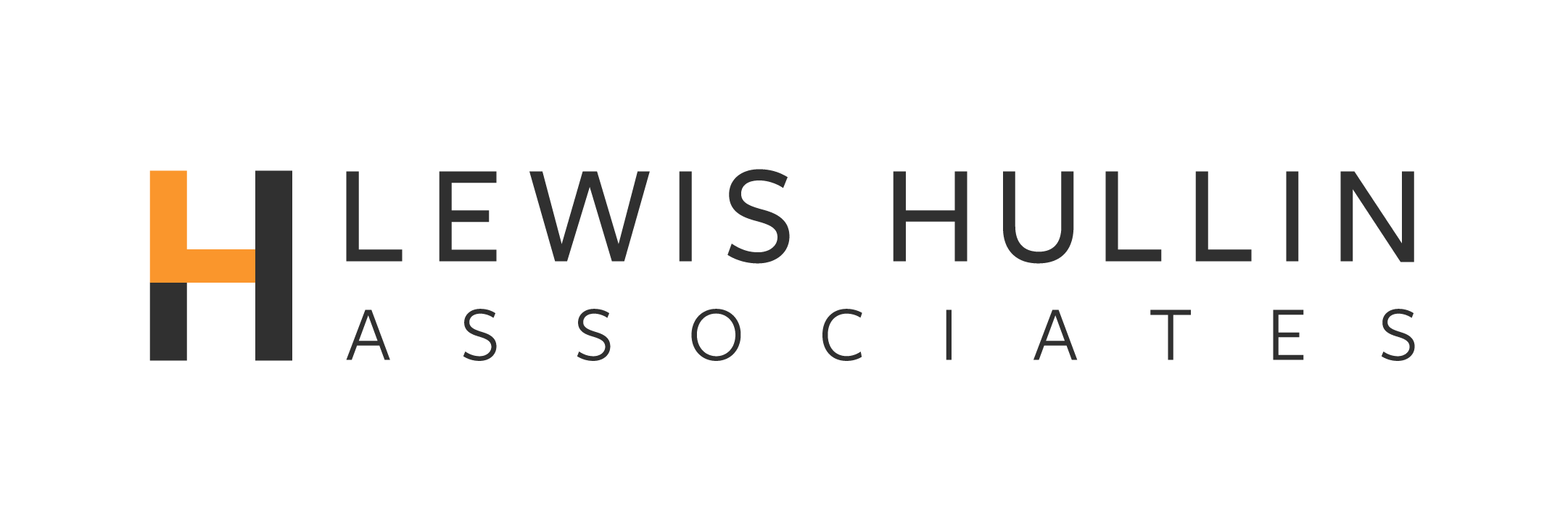Bridging Finance
A bridging loan is a flexible, short-term financing solution designed to bridge the gap between the purchase of a property and the repayment of the loan. Whether you're waiting on the sale of an existing property, arranging a remortgage, or combining both, a bridging loan can provide the necessary funds to move forward quickly and seamlessly.


Healthcare Sector
.jpg)
Unsecured Finance

Invoice Finance
Our Solutions
Short-Term Financing
Typically offered with a 12-month term, bridging loans often come with no early repayment charges beyond the first three months of interest, depending on the lender. Interest payments are usually "rolled up," meaning they are added to the loan balance and repaid in full at the end of the term, which can help ease cash flow during the loan period. However, rolled-up interest contributes to the lender's maximum loan-to-value (LTV) limit, which generally falls between 70-75% of the property's value.
Lenders primarily focus on two key factors when assessing a bridging loan application: the value of the property being used as security and the proposed repayment strategy, known as the "exit plan." Whether the loan is repaid through property sale, a remortgage, or a combination of both, demonstrating a clear and viable repayment plan is essential. Bridging loans are versatile and can be used for a variety of purposes, from facilitating a time-sensitive property purchase to financing renovations on a property that doesn’t qualify for a standard mortgage.

